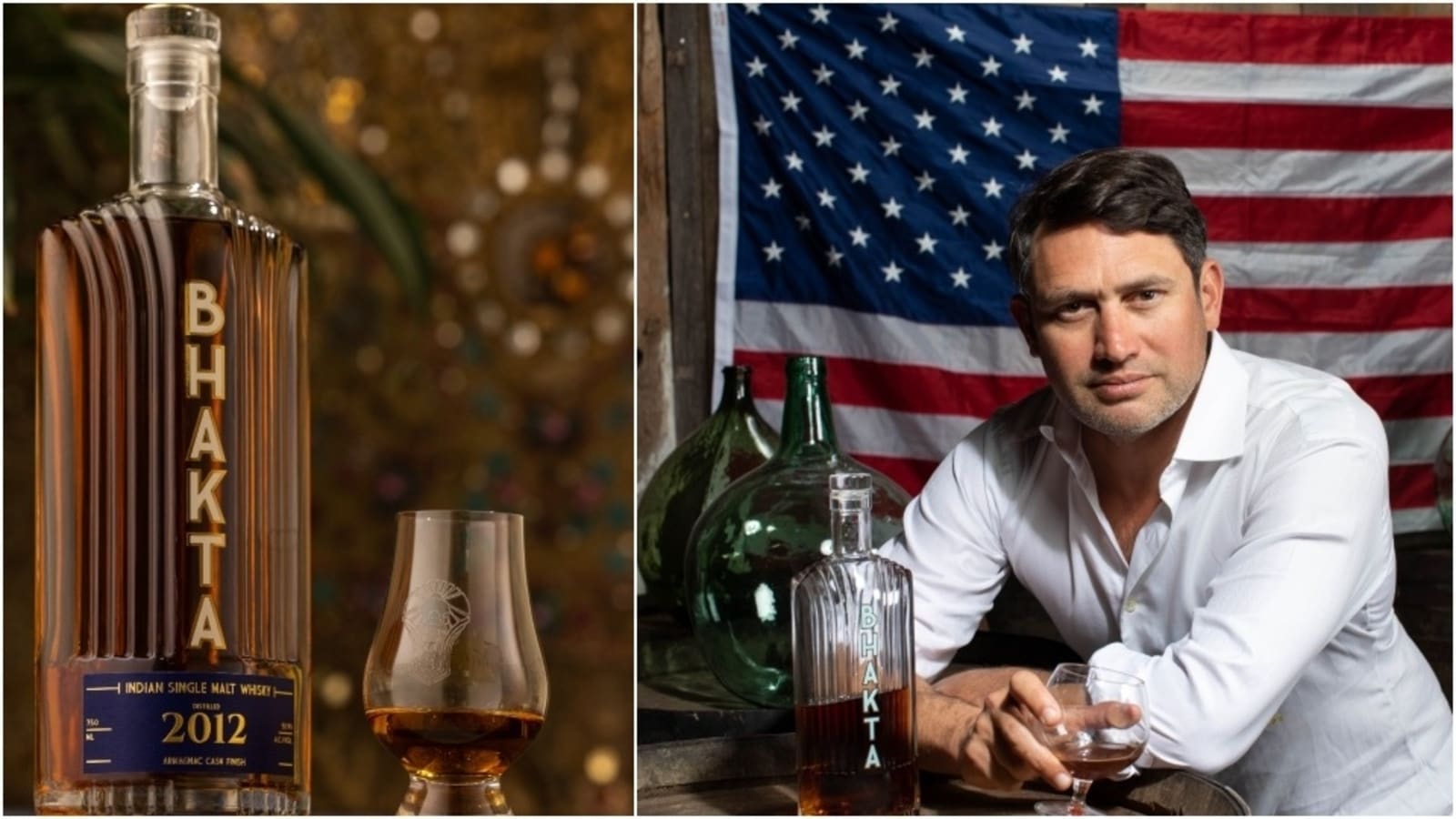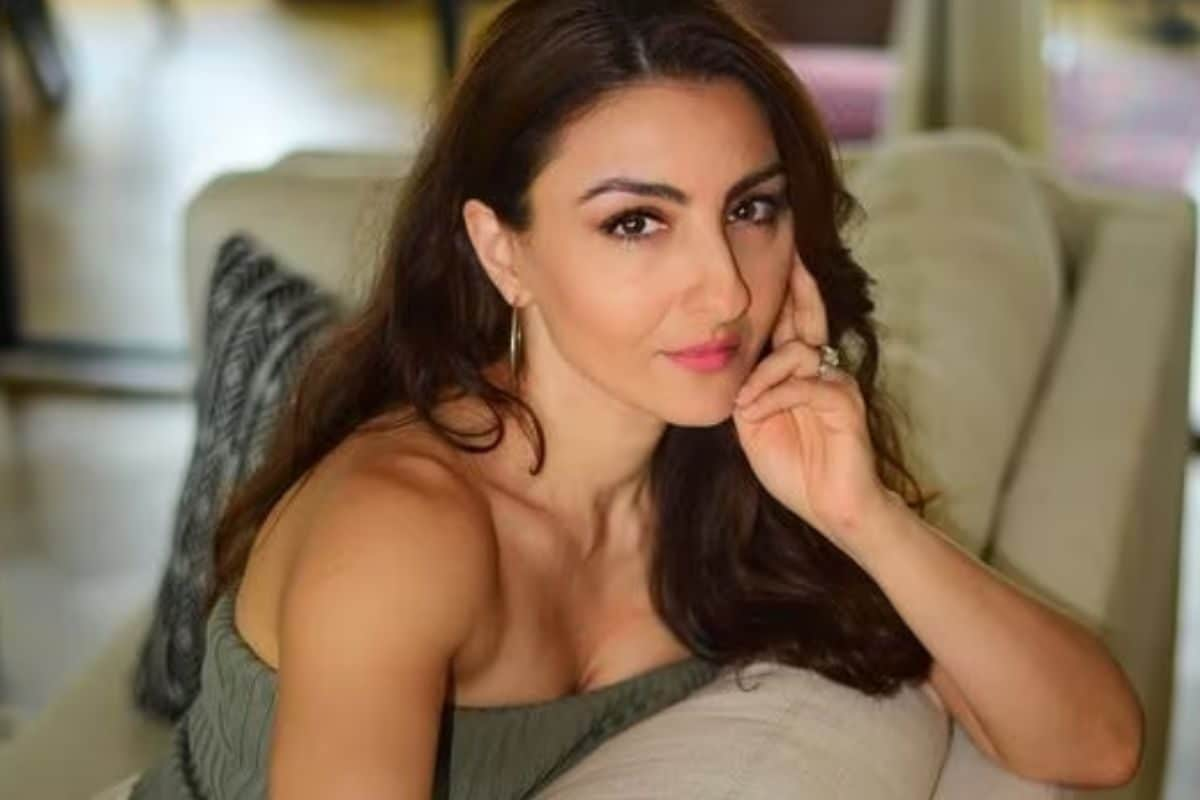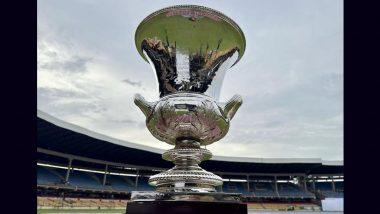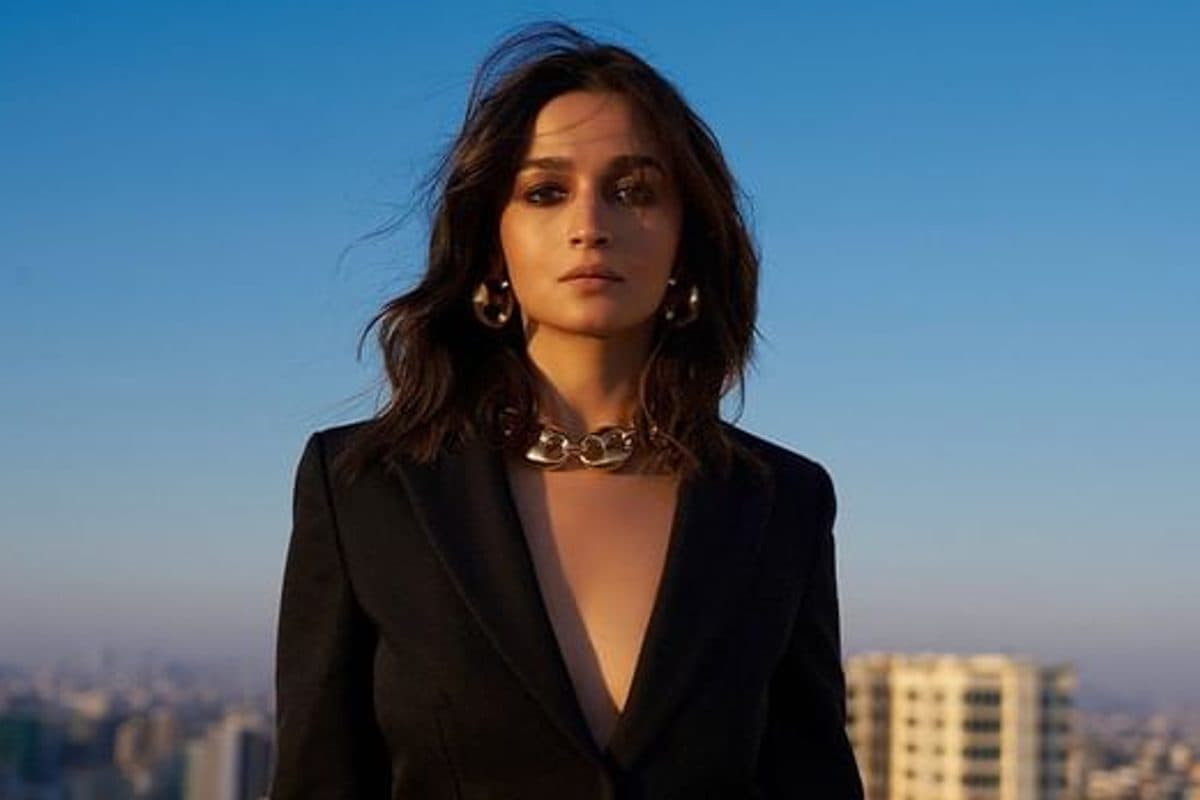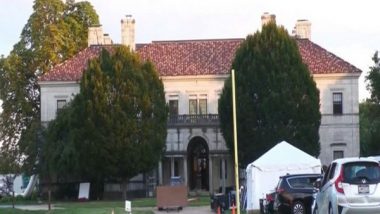Raj Bhakta has always claimed to be able to see what’s coming around the corner. It isn’t an entirely unjustified boast. Some sixteen years ago, he scripted the revival of rye whisky in America with WhistlePig, a craft whiskey distilled in Shoreham, Vermont.
Rye was bourbon’s shabby, anti-aspirational cousin until Bhakta constructed a bucolic charm around it and took it upmarket. “Back then, there was this gigantic opening at the high end of the American whiskey category. It was bourbon-dominant, but we had no real luxury whiskey.

All you had was a bunch of Scotsmen, with their accent: “Oh, can you taste the teardrop of an angel in our whisky?’” he says, shaking his head disparagingly. Bhakta Spirits and its journey In 2020, four years after being unceremoniously chucked out of the cult company he founded, Bhakta set up a namesake house of vintages that unearths and sells rare whiskies, brandies, and rum from across the world. Bhakta Spirits’ first release was a vintage blended armagnac (a grape brandy made in south west France) that carried a 50-year age statement and included liquid dating back to 1868; its latest is a ten-year-old Indian single malt whisky from Ocean King Distillers in Goa that has been aged for over four months in French Oak casks that once held armagnac from 1982.
The Bhakta 2012, which retails for $149 ( ₹ 12,500), is one of the oldest Indian whiskies ever put to market. Bhakta describes it as a “honey bomb”. “It’s spicy in the middle and the finish is creamy because of the armagnac,” he says over a video call from Bhakta-Griswold in Vermont, a 150-acre former college campus, which is home to both his company and his wife Danhee Kim and their five children.
(Also Read | From Audemars Piguet to Berneron, finding beauty in asymmetry ) Has he spotted yet another opportunity around the bend? Bhakta wants in on Indian single malts. He wants to be among those building the budding category in America, but is realistic enough to acknowledge that it will remain a niche unless a couple of brands catch on with spirits enthusiasts there. But he also sees India as the bigger opportunity and is equally keen on introducing wealthy consumers here to his brand’s luxury spirits portfolio.
The son of an Irish mother and Indian immigrant father, who arrived in America in 1968 from a small town near Surat and would go on to build a thriving hotel business, Raj Bhakta has led a tumultuous life, marked by both a gritty entrepreneurial spirit and a series of misadventures. After studying finance and economics in Boston, Bhakta briefly worked for an investment bank before dabbling in a used-car valuation business, real estate, and hospitality. In 2004, he was among 18 contestants in the workplace-reality show, ‘The Apprentice’, hosted by Donald Trump.
Trump fired him within nine weeks, but Bhakta’s brashness, relentless amorousness, and bow ties and high-waisted trousers, didn’t go unnoticed. Two years later, he ran for the US Congress on a Republican ticket from Pennsylvania’s 13th District and lost. (Bhakta still remains a committed Republican.
He describes himself as “half Indian, half Irish, but 100% American”, and believes in ‘building the wall, but making the gate wider”.) Not too long after the results were announced, he set out on a quixotic quest to find an “Indian Steve Irwin”, who, he thought, would take the place of the famed Australian wildlife conservationist and television personality who passed away in 2006. He travelled across India and to all its national parks, hoping to find “one man in 1.
4 billion people who hunted tigers and caught snakes and would make for great television”. It was just bad math, says Bhakta, who even organised Bollywood casting calls in an effort to train someone to be the next crocodile hunter. On his return, in the looming shadow of the global financial crisis, Bhakta confronted his own failures on a 467-acre farm in Vermont he had just acquired and waited for inspiration to strike.
Which it did in the form of rye whisky. The next half a decade would transform him into an American whiskey industry icon. The public feud that followed over the control of WhistlePig would only serve to burnish his reputation as a polarising but visionary alcobev entrepreneur.
Today, as he approaches his 50th birthday, Bhakta feels he has acquired more depth after two decades of the “highest highs and lowest lows”. He says he finds himself saying things he would have never said ten years ago. Bhakta also has more time for his family and his collection of vintage cars, which includes the 1933 Lincoln that Franklin D.
Roosevelt rode to his first presidential inauguration. The spirits mogul is also convinced that ‘rarity’ and ‘exclusivity’ is the way forward for him. Bhakta Spirits claims to have over 70 percent of the world’s 100-year-old spirits and around half of its 50-year-old spirits.
Bhakta calls them, especially armagnac, the “crown jewels” of the spirits world. “There’s real rarity, real value in them,” he says. “Take a beautiful 1982 – you’d pay a fortune for a similar kind of Scotch whisky.
” Prices for Bhakta Spirits’ offerings across spirits range from a few hundred dollars to over $5,000 (about ₹ 4 lakh) for a 1952 Armagnac, and patrons include the likes of Hollywood actor Leonardo di Caprio, the King of Sweden, and Prince Albert of Monaco. Also on the drawing board is an American whiskey line under a separate brand, which will see him get back into production in a farm-based way. And then, there’s India where he plans to spend a year, meeting people and scoping out the market.
“We will approach the absolute top end of the market, with, maybe, some Indian single malts and our luxury portfolio,” says Bhakta. “Everyone wants to be in India, we are no different. It’s only a matter of time.
”.
